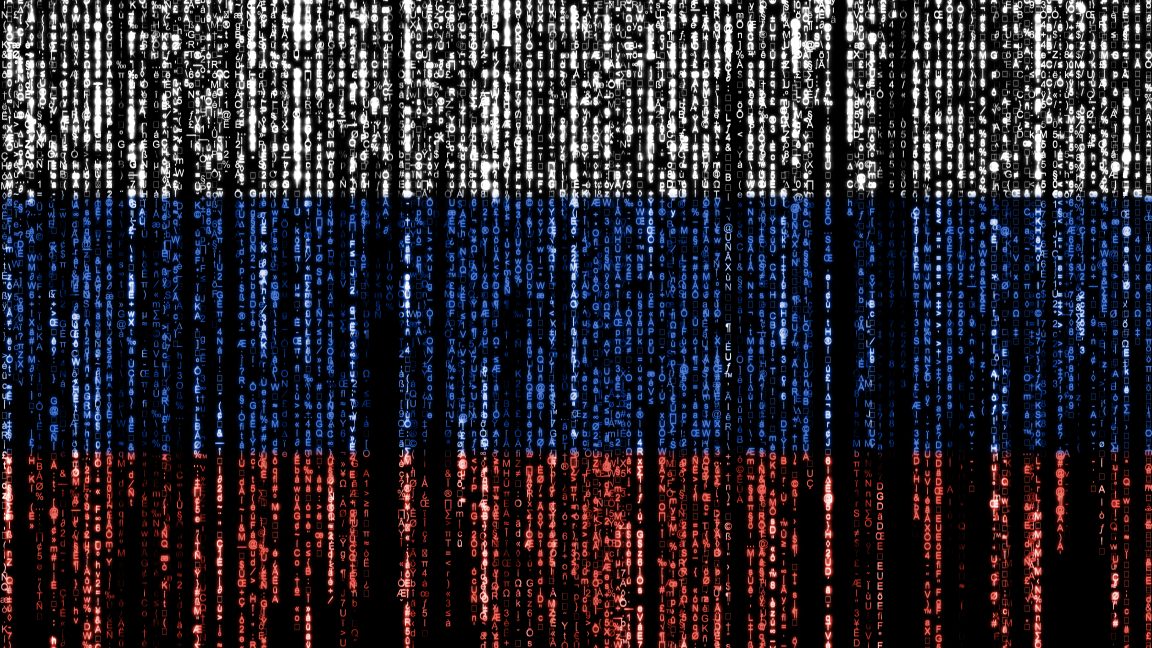Russian State-Sponsored Hackers Exploit Russian ISPs to Target Foreign Embassies in Moscow

Unveiling a Sophisticated Cyber Espionage Campaign
Russian-state hackers have launched a highly targeted cyber campaign against foreign embassies located in Moscow. According to recent warnings from Microsoft, these malicious actors deploy custom malware through advanced attack techniques that operate at the Internet Service Provider (ISP) level. This approach enables them to infiltrate communications and gather sensitive information from diplomatic missions abroad.
How the Attack Works: The Adversary-in-the-Middle Strategy
The campaign, which has been active since last year, exploits the infrastructure of Russian ISPs—entities that are legally required to cooperate with the Russian government. By compromising these networks, the threat group, tracked by Microsoft under the codename Secret Blizzard, positions itself between the targeted embassy and the internet endpoints they connect to. This method, known as an adversary-in-the-middle (AiTM) attack, allows the hackers to intercept and manipulate data passing through the network.
Using this position of control, Secret Blizzard can redirect embassy personnel to malicious websites that mimic trusted sources, making it easier to install malware or extract confidential information without detection. This level of network control represents a significant escalation in cyber espionage capabilities within Russia.
- First Impressions of GTPLAYER Racing Stand – a budget-friendly racing sim setup
-
Congressman Demands Zuckerberg Testify on Allegations of China Censorship Tools

-
Protecting Your Digital Treasures: Essential Spring Cleaning Tips for Data Security

-
Transform Your Lifestyle: The Massimo Modular E9 Tiny Home in Just 2 Hours

The Objective: Deploying the ApolloShadow Malware
According to Microsoft’s Threat Intelligence team, this campaign appears to aim at deploying the sophisticated malware known as ApolloShadow. This malware is designed to facilitate ongoing espionage activities, including data theft and surveillance of diplomatic communications.
While previous assessments suggested that Russian actors engaged in cyberespionage within their borders with limited capabilities, Microsoft’s latest findings confirm that they now possess the means to conduct large-scale, state-sponsored cyber operations directly at the ISP level. This development indicates a concerning shift towards more aggressive and sophisticated cyber espionage tactics targeting international diplomatic entities.
Implications for Diplomatic Security
Diplomatic personnel using local Russian internet and telecommunications services are now at heightened risk of cyber espionage. The covert nature of these attacks, combined with the potential to manipulate or intercept sensitive communications, underscores the importance of robust cybersecurity measures for embassies and foreign missions.
For organizations seeking to enhance their cyber defenses, understanding the significance of secure communication channels and employing end-to-end encryption can mitigate some of these threats. Regular security audits and awareness training are also crucial in detecting and preventing such sophisticated attacks.
Further Information and Resources
To learn more about protecting diplomatic communications and combating cyber espionage, reputable sources such as the Cybersecurity and Infrastructure Security Agency (CISA) and the European Union Agency for Cybersecurity (ENISA) offer valuable guidelines and updates. Staying informed about emerging threats and best practices is essential in maintaining the integrity of sensitive information in an increasingly connected world.
